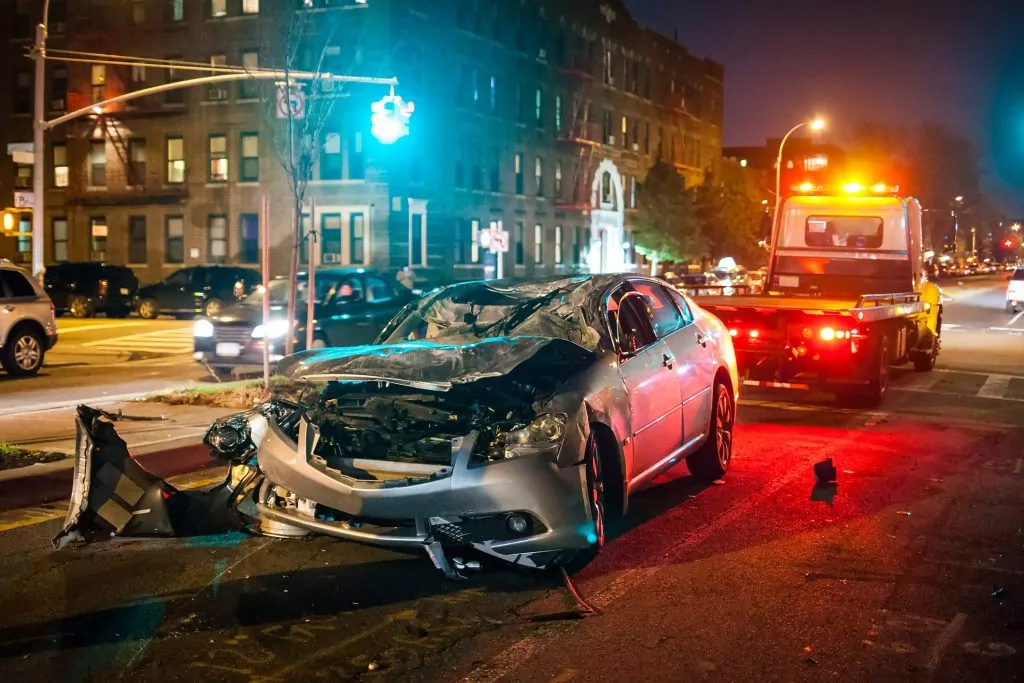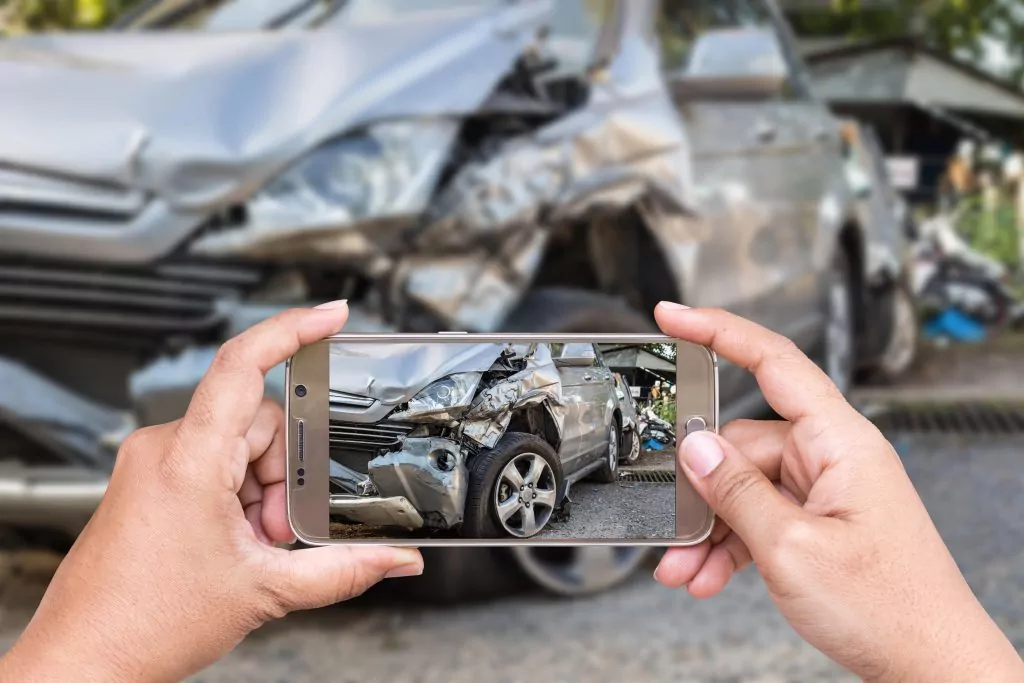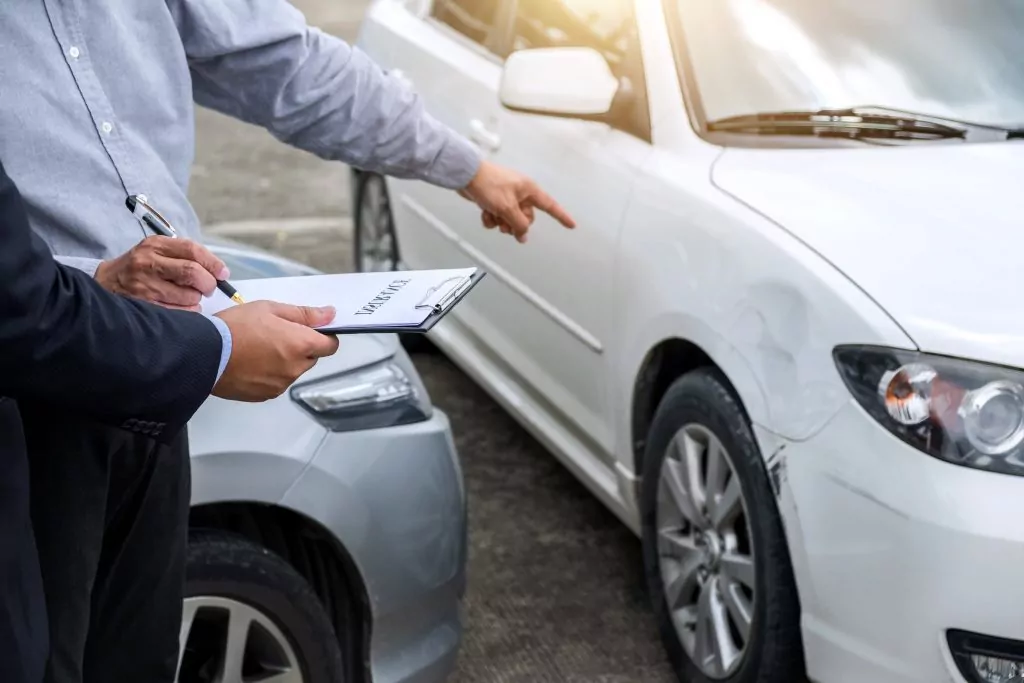
Trying to figure out what to do after a car accident in California can seem like a simple task.
However, if you make a single mistake, you could find yourself unable to receive due compensation. If things turn out particularly poorly, they may force you to shoulder the costs for an accident that you did not cause.
Those nightmarish scenarios are sadly plausible, which is why you should always be careful in the aftermath of being involved in an auto accident.
Find out what steps you need to take after a car accident by checking out the tips included in this article.
Stop Your Vehicle
Accidents vary in terms of how severe they are.
Some accidents may lead to significant damage to the cars involved and injuries to the people in the vehicles, while others may result in only a few scratches on the automobiles. Regardless of whether the accident you were involved in can be considered minor or serious, you should stop driving right away.
It’s part of your legal obligation in case of an accident. The severity of the accident should not determine whether you stop or not. You should also pull over even if you were not the one who caused the accident.
Aside from fulfilling your legal obligation, coming to a stop is also important because you cannot be 100 percent sure that your vehicle has not been significantly damaged without inspecting it first.
Err on the side of caution and the law by stopping your vehicle.
Check On Everyone Involved In The Accident
The hope is that the accident is not a serious one. Be sure to check right away if you have sustained any injuries. If there are others in the vehicle with you, check with them too and see if they need medical attention.
Once you’ve determined the status of everyone in your vehicle, you can try to exit your car and see how the others involved are doing.
Now, this is an important point to remember: If the other people appear injured and/or unconscious, do not move them. Moving their body in their current state could cause them further injuries, and they may blame you for that.
Instead of administering first aid yourself, you should move quickly to the next step.
Call 911
This is the exact type of situation where you need to dial 911 as soon as possible. Every second matter when it comes to treating injuries, so do not hesitate to call 911 if you spot anyone who is badly hurt.
Calling 911 when you see someone seriously injured is a no-brainer, but you should still do it anyway even if you feel that you’ve only sustained minor injuries.
Some of the injuries you have sustained may seem minor at first, but in reality, they may be quite severe. Getting checked by a paramedic in that scenario would be ideal.
So, we’ve established that calling 911 is a good idea if you see anyone injured, but what if no one at the scene is hurt or wants any medical attention? You should still go ahead and call 911 anyway. The services of the paramedics may not be required, but you will definitely want the police to be on the scene.
Signal To Other Motorists That An Accident Has Taken Place
While waiting for the police, you may get the idea to do something about the situation you’re currently in. To be more specific, you may want to move the cars around.
If you’ve driven close to an accident scene before, you know how much traffic it can cause, and you may want to move the vehicles to save other motorists from being inconvenienced. While your intentions may be noble, you should still hold off on moving the cars.
Preserving the scene of the accident is in your best interest, especially if you were not the one responsible for what happened. With the cars no longer in their original positions, the other party may relay a fabricated chain of events to the authorities when it comes time for questioning.
Even if you are completely blameless for the accident, the positioning of the vehicles may be more favorable to the other party, and the police could start to think that you were the one who caused the mess.
So, what should you do if you find yourself in that kind of situation?
The best thing you can do is to signal to the other motorists that there is an accident. If your hazard lights still work, turn those on and hope they can alert other drivers and give them the chance to take a detour.
Exchange Insurance Information With the Other Party, But Avoid Talking Too Much
At some point, the other driver will likely come up to you and try to talk about what happened. This is the perfect time for the two of you to exchange insurance information.
After the two of you have exchanged insurance information, you don’t have to say anything else until the police arrive. The other driver may attempt to paint the accident as your fault while the two of you are talking. Don’t give the other driver that opportunity.
You should also avoid taking the blame for anything that happened. Allow the facts of the case and the authorities to sort out who’s at fault.
Record The Facts Of The Accident
Assuming the cops have shown up to the scene, you can move to the next step, and it is a crucial one. Whether or not you did it properly could play a huge role in you either being duly compensated for what happened or things turning out poorly.
You must now start to gather the facts of the accident.
Chances are you’ve already got a few of the facts after exchanging insurance information with the other driver. It’s important to take down their name as well as their contact information.
If the accident involves more than two vehicles, make sure you get the information from the other parties.
Apart from their names and contact details, you also need to ask for the details of their driver’s license, and their car registration. They probably also have an insurance ID. Ask for the information provided by that card as well.

You should describe the cars involved in the accident in detail. List the plate number, make and model of all the cars at the scene. If there are additional details that you believe will make it easier to identify the cars, write them down too.
Don’t forget to write down other important facts, such as where the accident took place, the time it happened, and what the weather conditions were at the time. They may not seem that relevant to the case, but those details could come in handy while you are trying to file an insurance claim.
Other things to note include the direction you were driving in and whichever direction the other drivers were heading.
Ask the police officers for some information as well. You can ask for their names, contact details, and their badge numbers. With that information in your possession, you can get a hold of them faster later.
To recap, here are the facts you need to write down:
- Names of the drivers
- Contact details of the drivers
- Insurance information of all the drivers
- Driver’s license information
- Car registration information
- Plate numbers of cars
- Details about the make and model of all the cars
- Location of the accident
- The time when the accident took place
- The weather conditions during the accident
- The direction you were driving in
- Directions other drivers were driving to
- Names of the police officers
- Contact details of the police officers
- Badge numbers of the police officers
Talk To Any Witnesses
Gathering the facts of your case should help prove that you truly were not at fault for the accident, but they may not paint a complete picture of what happened. The police officers and inspectors may struggle to put together the chain of events using those facts. There may also be enough wiggle room for your insurance provider to use as an excuse for not compensating you properly.
You obviously don’t want that, so try to make it easier for the police officers to understand what happened by collecting some witness testimony. Talk to bystanders who saw what happened and ask them to speak to the police or take down their written statement.
While you’re at it, ask for their name and contact details too so that the police officers can coordinate with them more closely if the need arises later in the investigation.
Make Good Use Of Your Smartphone
We cannot overstate how helpful it is to have a powerful device such as a smartphone in your pocket when an accident takes place. Thanks to that smartphone, it becomes easier to document the facts.
Record yourself talking about what happened from your perspective. Doing so right after the accident will make it easier for you to remember all the relevant details.
You should also ask to record conversations you have with the witnesses. That way, you can preserve their testimony, and protect yourself from them suddenly changing their story for potentially shady reasons.
The smartphone is useful not only for recording yourself or the witnesses. You can also use it to take photos of the scene. Take pictures of the cars and take as many of them as you can. Feel free to record videos too.
Complete An Accident Report

The police officers likely brought an accident report form with them. Ask for one and fill it out then ask them to file it. If the police officers didn’t bring one with them, you can head to the nearest police department and file one yourself.
The accident report will do a lot of things for you. It will help establish some of the facts, and you will also need it when you are filing your insurance claim.
Make sure that you have an accident report filed as soon as possible.
Get Checked By Your Doctor
Not all injuries you sustain from a car accident will be apparent right away. You may feel fine in the immediate aftermath of the accident, but the symptoms of your previously undetected injury may take time to manifest.
For example, a mild concussion may not be something you feel right away, but the effects of it may start to bother you when you’re at home trying to relax.
Even if you do feel well enough after an accident, it’s still worth your time for your doctor to check you. If you’re injured, you can account for that in your insurance claim.
Filing for a separate claim because your first one didn’t account for everything may cause the insurance provider to make things tougher on you.
Contact Your Lawyer Before Speaking To An Insurance Company
A common mistake people make after a car accident is to contact the insurance provider before they speak to their lawyer.
Why is that bad, you ask?
If you are trying to seek compensation from another driver’s insurance company, you can’t be surprised if they try to minimize the amount, they must pay you. To secure a smaller payout, the insurance provider may try to get you to agree to a settlement.
Those who don’t know any better may justify accepting that settlement by saying they don’t want to drag things out any further. It’s easy to understand why you may want to resolve matters quickly, but that should never come at the cost of fair compensation.
Avoid selling yourself short by contacting your lawyer first and seeking their guidance before you talk to the insurance provider.
Get in touch with the experienced professionals of Krasney Law the next time you need assistance following an accident. Their help will ensure you receive the compensation you deserve.




Comments are closed, but trackbacks and pingbacks are open.